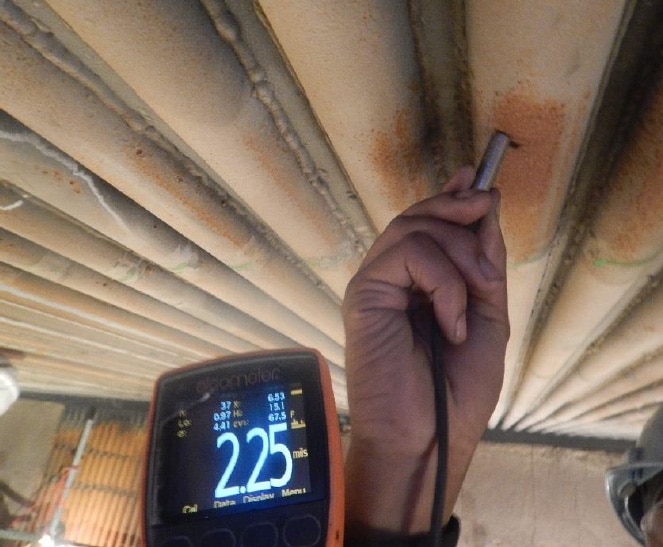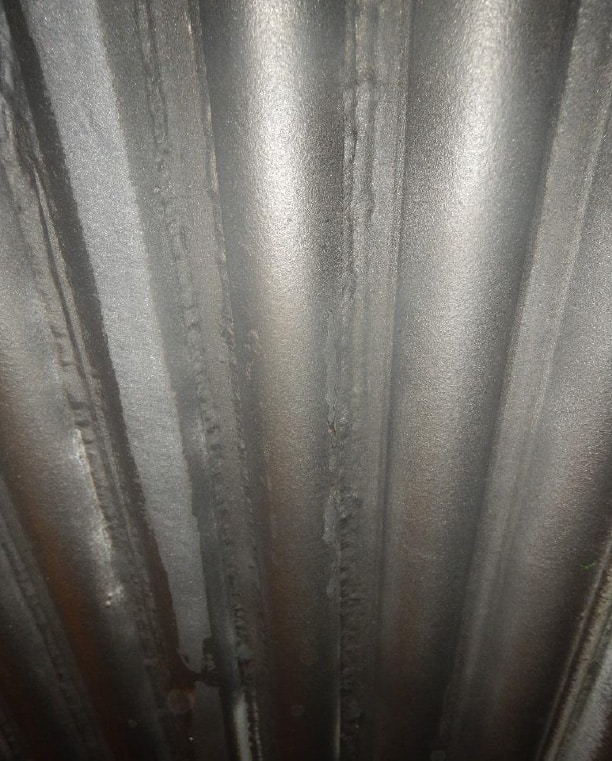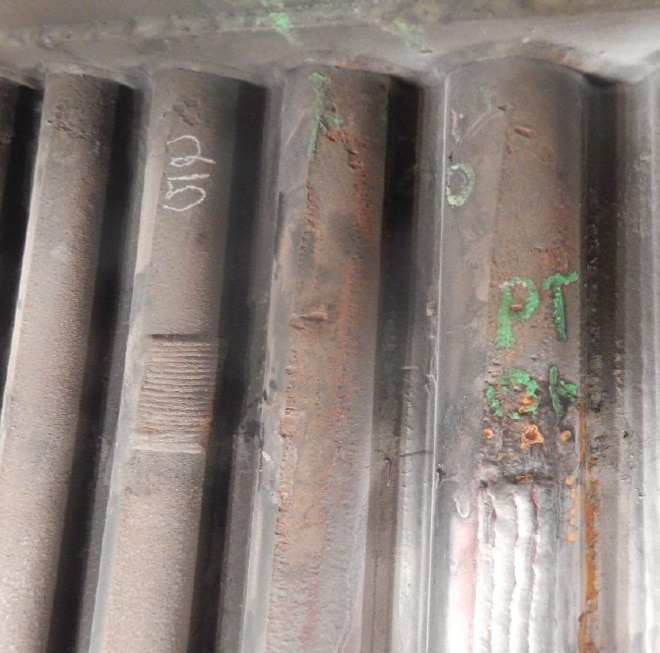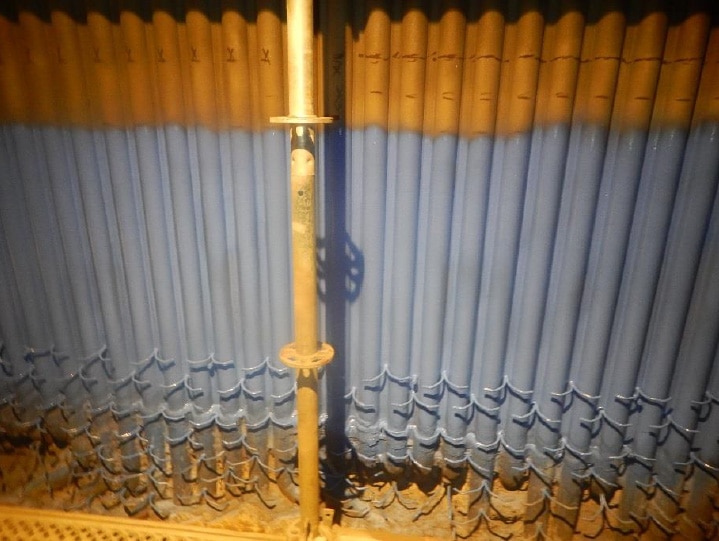Aging CFB Boiler at a Pulp Mill
This Pulp Mill in South Eastern United States operates a CFB boiler unit built in 1989. The boiler was recently upgraded from the viewpoint of operating mass flow rate to the 450,000 lbs/hr.
The fuel type for this particular unit is a combination of biomass sludge, some tire derivatives as well as some plastics. This type of fuel has led to the issues at hand – erosion causing tube leaks and numerous forced outages.
“As a result, the Mill had a number of goals that they would like to achieve.”
The first goal being an increase in the reliability of its CFB boiler by reducing the number of tube leaks so that it would better facilitate them to meet the requirements of a 20-year PPE agreement.
Their second goal was to increase the outage cycles from a current 12-month to an 18-month turnaround.
And their third goal was to reduce the number of mechanical repairs that used to be needed every outage.
Path to Reliability
Paul Strauss, IGS SMARTGard® Boiler Maintenance expert said: “Back in 2017, I had the opportunity to meet with the Pulp Mill’s engineering manager, operations manager, and maintenance manager. And I found out that they had some issues on the roof of their CFB boiler. They had an emergency outage and called a thermal spray vendor to apply a product with a low velocity arc spray.”
“I was somewhat surprised by the choice of product specified by the thermal spray vendor, because the roof area in a CFB boiler usually receives high erosion. The specified product, a high nickel chrome material, is usually applied in the waterwalls of a PC-fired boiler for corrosion protection.” – continued Paul.
Testing and Analysis
Integrated Global Services (IGS) offered to do an erosion test using their bed ash to compare the IGS 5xxx series material and the previously applied material against uncoated carbon steel. The results showed the IGS 5xxx material to be five times more erosion resistant than the product that the previous thermal spray vendor chose to apply on the roof.


IGS HVTS Application in 2018
Paul said: “I think they saw that an improved process and improved material could help the Mill meet their goals and IGS was subsequently awarded the 2018 project and we mobilized to site in May of 2018.”


IGS completed the SMARTGard® = HVTS (High Velocity Thermal Spray) application on the roof, upper cyclone area and the sidewalls covering the total area of approximately 425 square feet. The scope of work was completed on time and the Mill’s in-house QC coordinator was very satisfied with the quality.

Inspection in 2018
Paul said: “The 2018 application looked excellent upon inspection. Subsequently, in 2019, IGS completed an additional scope of 450 square feet on the other three walls at the refractory line. Additional 75 square foot of repairs to the previous vendor’s coating on the roof tubes was also completed. Again, the entire scope of work was delivered on time with good quality.”
Change of Strategy in 2021
Due to the changes in the maintenance team and the involvement of the procurement department, the Mill appointed a new vendor for their thermal spray needs in 2021. Unfortunately, they actually ran over the allocated critical path by well in excess of 30 hours.
Failure Prompts Action
Kevin Phillips, IGS Pulp and Paper Maintenance Solutions Expert, said: “A very lengthy subsequent conversation ensued revolving around IGS advantages over the “lower velocity thermal spray” suppliers. Upon conclusion of the meeting, the current maintenance team and its leadership were very much in favor of establishing a long-term service agreement between IGS and the Pulp Mill’s facility with a view of expanding this agreement to their other sites.”
Long-term Service Agreements Ensure Lasting Reliability
The pulp and paper company’s corporate inspector visited the IGS laboratory in Richmond, VA, in July 2021. He was impressed with the facilities and the engineers that work in the lab. Long-term service agreements will ensure that not only this Mill, but all company sites will be able to achieve their key three maintenance goals:
2022 and 2023 Outages
IGS continues to combat aggressive corrosion and erosion due to the presence of plastics in some of the fuels. The plant hasn’t had a forced outage in any area where IGS cladding has been applied.
Maintenance Lead Feedback
WT, the plant’s maintenance lead said: “IGS makes my life so much easier. They’re one of my favorite contractors and I wish all my contractors operated like that. They possess excellent professionalism and are very knowledgeable and accommodating to customer needs. During our 2023 outage, IGS also did a great job adjusting to discovery items found after the boiler was shut down.”
CATEGORIES: